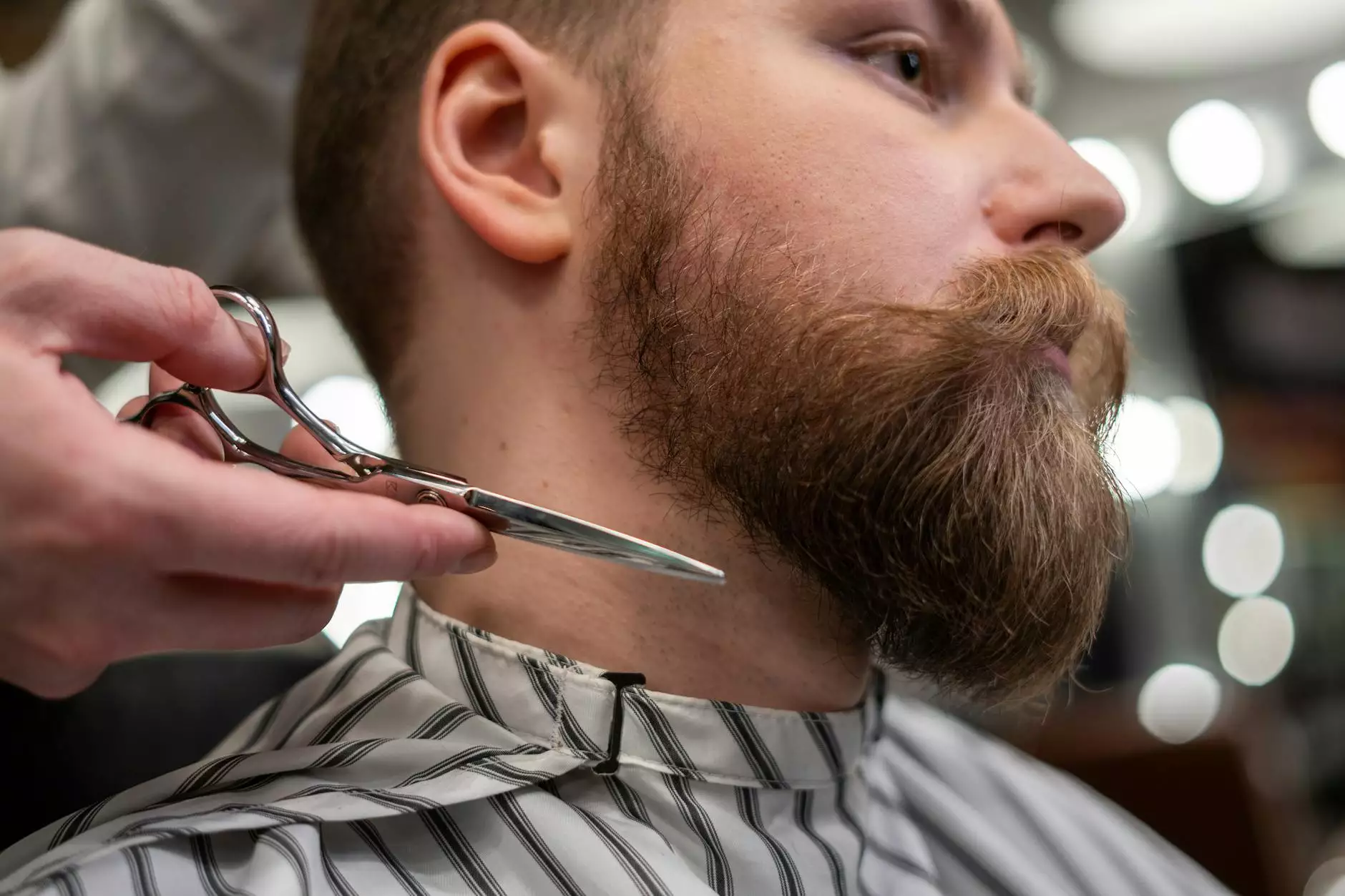The Cost of Dental Crowns: A Comprehensive Insight

When it comes to maintaining our dental health, one of the most crucial decisions a patient can face is whether to invest in dental crowns. While the cost of dental crowns can vary significantly, understanding what influences these costs can empower patients to make informed decisions. This article will delve into the various aspects surrounding the cost of dental crowns, ensuring you have a thorough understanding of the benefits and financial implications associated with this common dental procedure.
What Are Dental Crowns?
A dental crown is a type of restorative dentistry used to improve the strength, appearance, or shape of a tooth. Crowns are often used to cover a tooth that is:
- Severely damaged
- Cracked or fractured
- Holding a dental bridge in place
- After root canal treatment
- Discolored or misshapen
Crowns restore the function of your teeth while also enhancing your smile.
Factors Influencing the Cost of Dental Crowns
The cost of dental crowns can be influenced by several factors. Here, we’ll explore the most significant contributors, giving you insight into why prices can differ so much from one dental clinic to another.
1. Type of Crown Material
Crowns can be made from a variety of materials, each with its own cost implications:
- Porcelain: Offers a natural appearance and is popular for anterior teeth. Costs can range from $800 to $3,000.
- Ceramic: Similar to porcelain in aesthetics, often used for a single tooth restoration, with costs around $600 to $2,500.
- Metal: Typically more durable but less aesthetic; costs range from $700 to $2,500.
- Porcelain-fused-to-metal: Combines aesthetics and strength, costing between $800 and $2,500.
- Zirconia: Highly durable and aesthetic, with costs from $1,000 to $3,500.
Ultimately, the choice of material impacts both the longevity and visual appeal of the crown.
2. Geographical Location
The location of the dental practice can significantly affect the cost of dental crowns. Urban areas typically have higher overhead costs, which can translate to higher prices for patients. Conversely, rural practices may offer more competitive pricing.
3. Dentist Experience and Reputation
Dentists with more experience or specialized skills generally charge higher fees. It's worth considering that a skilled dentist might be able to provide better results, potentially saving you money on future repairs or replacements.
4. Procedure Complexity
The complexity of the dental procedure can also influence the cost. For example, if your tooth requires substantial preparation or there are underlying conditions that need to be addressed before placing the crown, this can add to the overall cost.
5. Insurance Coverage
The extent of insurance coverage can dramatically alter out-of-pocket costs. Many dental insurance policies cover a portion of the cost of dental crowns when deemed medically necessary. It's essential to check with your insurance provider to understand your benefits and potential costs.
Average Costs of Dental Crowns
On average, the cost of dental crowns typically ranges from $800 to $3,000 per crown. While this price can seem steep, it’s important to consider the long-term benefits of crowns, which can last between 5 to 15 years with proper care. Below, we summarize the average costs for various types of crowns:
Type of CrownAverage Cost RangePorcelain$800 - $3,000Ceramic$600 - $2,500Metal$700 - $2,500Porcelain-fused-to-metal$800 - $2,500Zirconia$1,000 - $3,500Financial Options for Dental Crowns
If the cost of dental crowns is a concern, there are several financial options available:
- Dental Insurance: Many policies cover a part of the cost.
- Payment Plans: Some dental offices offer financing options or payment plans to help manage costs.
- Health Savings Accounts (HSAs): Using pre-tax income can significantly reduce costs.
- CareCredit: Many dentists accept CareCredit, allowing payments over time.
What to Expect During the Crown Procedure
Understanding the procedure can alleviate anxiety surrounding crown placement. Here’s a step-by-step guide on what to expect:
1. Initial Consultation
Your dentist will evaluate your teeth and gums, discuss your options, and explain the cost of dental crowns based on your specific needs.
2. Tooth Preparation
The affected tooth is prepared by removing any decay and reshaping it to securely hold the crown. This may involve local anesthesia.
3. Impressions and Temporary Crown
Impressions of your teeth will be taken to create a customized crown. A temporary crown may be placed until the permanent one is ready.
4. Fitting and Adjustment
Once your permanent crown is ready, the dentist will fit it, making any necessary adjustments for comfort and functionality.
5. Final Cementation
The final step involves cementing the crown into place, restoring tooth function and aesthetics.
Post-Procedure Care for Crowns
After receiving your crown, proper care is essential to ensure its longevity:
- Maintain Good Oral Hygiene: Brush and floss regularly to prevent decay around the crown.
- Avoid Hard Foods: Refrain from biting hard objects or foods to prevent damage.
- Regular Dental Visits: Keep up with regular check-ups to monitor the crown’s condition.
Conclusion
In conclusion, while the cost of dental crowns can vary based on numerous factors, understanding these components can alleviate anxiety and prepare you for a healthier smile. Investing in your dental health through crowns not only restores the function and appearance of your teeth but also contributes to your overall well-being. Always consult with a trusted dental professional to determine the best options for your needs and situation.
For more information on dental services, including dental crowns, visit us at wupdoc.com.



